Lately I find myself repeating a question across all divisions in our company and it goes something like this: “I know we understand that, but does the reader/learner/customer? Or is that just an industry/division/specialist term?”
We were filming the marketing team about an upcoming sale (we are a retail company) and they referred to MAP pricing, but didn't’ explain it. I cut the take and asked them if the frontline employee would have any clue what MAP pricing was and their response was basically “oh, I guess not. It’s Minimum Advertised Price.” My next question was ‘why should they care’ (I love asking “So what?” questions of my SMEs!) and the discussion that ensued completely changed that segment of the training for the better.
Here’s my point: we do this a lot in Learning and Development. Getting caught up in our own terminology makes it harder for others to work with us. We preach teaching to the audience in front of you to others, but often fail to do it ourselves.
Docebo staff, I’m going to call you out a bit here too. I can’t tell you how many times in a week me and my team have to deal with the question “I finished that course, why does it still say ‘In progress’?” What ensues is a ridiculous conversation about In Progress meaning they’ve ‘enrolled’ in a course, but if they click into it it will show everything is correctly completed and they don’t need to worry about it. “Oh, that’s dumb” or some variation is usually the response we get.
Our learners don’t care about enrolled or not enrolled and system-level ‘In Progress’ or not. They just know they need to take some training and then work with their managers to finish learning about something.
We can all do better to keep the end user in mind and use terminology that makes sense to them.
[steps off the soap box]









